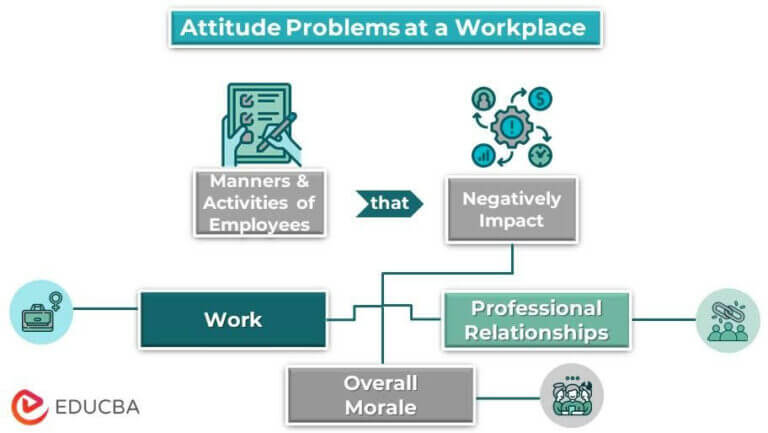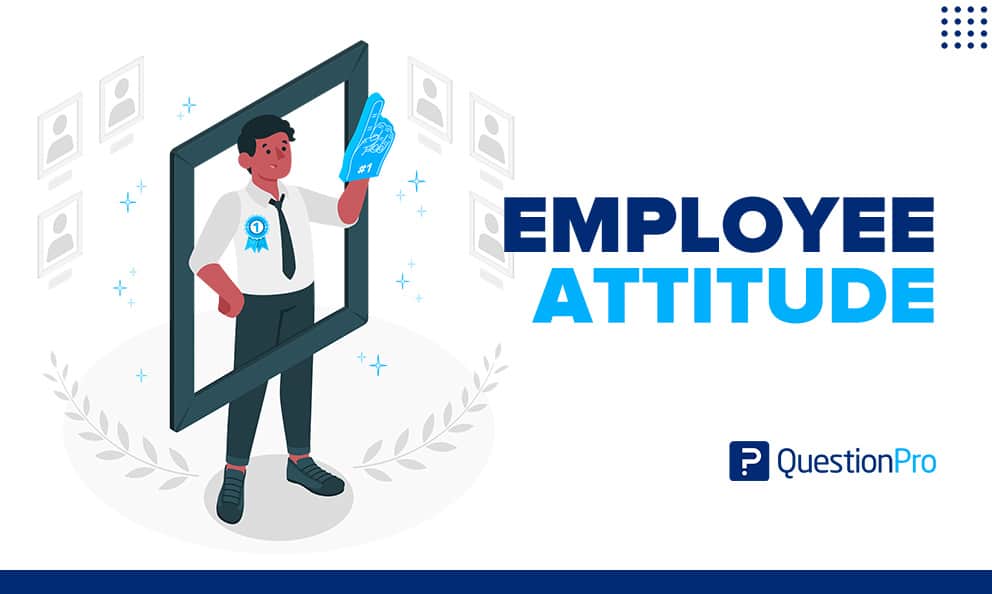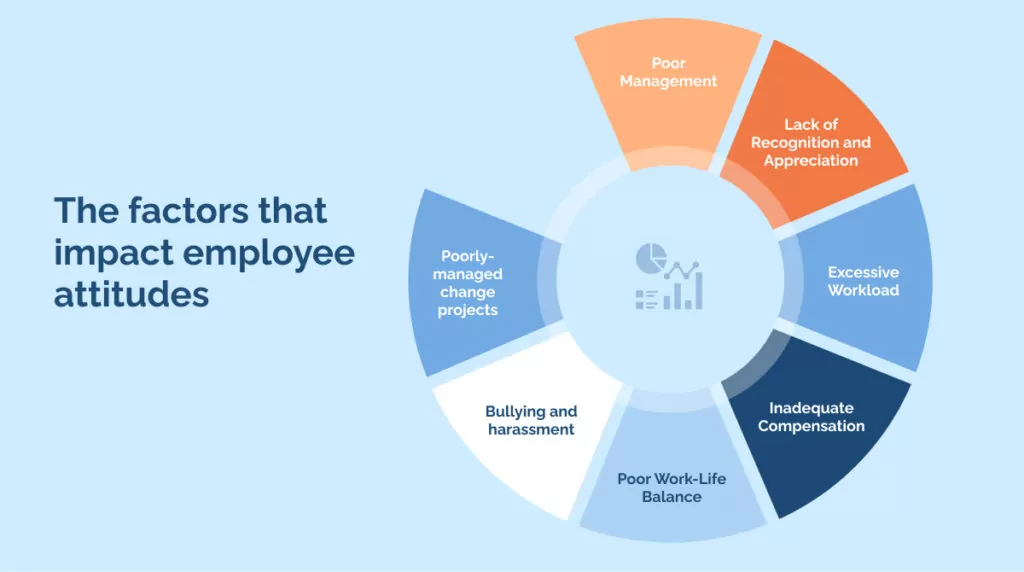How To Address Employees With Attitude Problems

Employee attitude problems can cripple team morale and productivity. Addressing these issues swiftly and effectively is crucial for maintaining a healthy work environment.
This article provides actionable strategies for managers to identify, understand, and resolve negative attitudes in the workplace, ensuring a more engaged and productive workforce.
Identifying the Root Cause
Before confronting an employee, pinpoint the source of the negative attitude. Is it due to workload stress, interpersonal conflict, lack of recognition, or something else?
According to a 2023 study by *Gallup*, "lack of recognition" is a leading cause of employee disengagement, often manifesting as a negative attitude. Understand the "why" before addressing the "what."
Observe the employee's behavior, document specific instances, and consider feedback from colleagues. Look for patterns.
Direct and Private Conversation
Schedule a private meeting to discuss the observed behavior. Avoid addressing the issue in front of other employees.
Start by expressing your concern and outlining specific examples. For instance, "I've noticed you've been frequently late to meetings, and your tone towards colleagues seems dismissive."
Listen actively to the employee's perspective. Allow them to explain their feelings and challenges. The goal is to understand, not accuse.
Focus on Behavior, Not Personality
Frame the conversation around specific behaviors and their impact on the team. Avoid making personal attacks.
Instead of saying, "You have a bad attitude," try, "When you roll your eyes during team discussions, it makes others feel like their ideas aren't valued."
Use "I" statements to express how the behavior affects you and the team. This promotes a less confrontational atmosphere.
Setting Clear Expectations and Consequences
Clearly define expected behaviors and performance standards. Make sure the employee understands what is required of them.
Establish consequences for continued negative behavior. This could include a written warning, performance improvement plan, or further disciplinary action.
Document all conversations and agreed-upon actions. Maintain a record for future reference.
Providing Support and Resources
Offer support and resources to help the employee improve. This might include training, coaching, or counseling.
If the issue stems from workload stress, explore ways to redistribute tasks or provide additional support. Address the underlying problem, not just the symptom.
Consider an Employee Assistance Program (EAP) for confidential counseling and support. According to the Society for Human Resource Management (SHRM), EAPs can significantly improve employee well-being and productivity.
Follow-Up and Monitoring
Schedule regular follow-up meetings to monitor progress and provide ongoing feedback. This shows the employee that you are invested in their success.
Acknowledge and praise improvements. Positive reinforcement can be a powerful motivator.
If the negative attitude persists despite interventions, be prepared to take further disciplinary action, up to and including termination. Protect the team's morale and productivity.
Legal Considerations
Consult with your HR department before taking any disciplinary action. Ensure that all actions are consistent with company policies and legal requirements.
Document everything thoroughly to protect the company from potential legal challenges. Objectivity is paramount.
Be aware of protected characteristics and avoid any actions that could be perceived as discriminatory. Seek legal counsel when necessary.
Addressing employee attitude problems requires a proactive, empathetic, and consistent approach. Early intervention, clear communication, and appropriate support are essential for fostering a positive and productive workplace. The situation requires immediate attention.
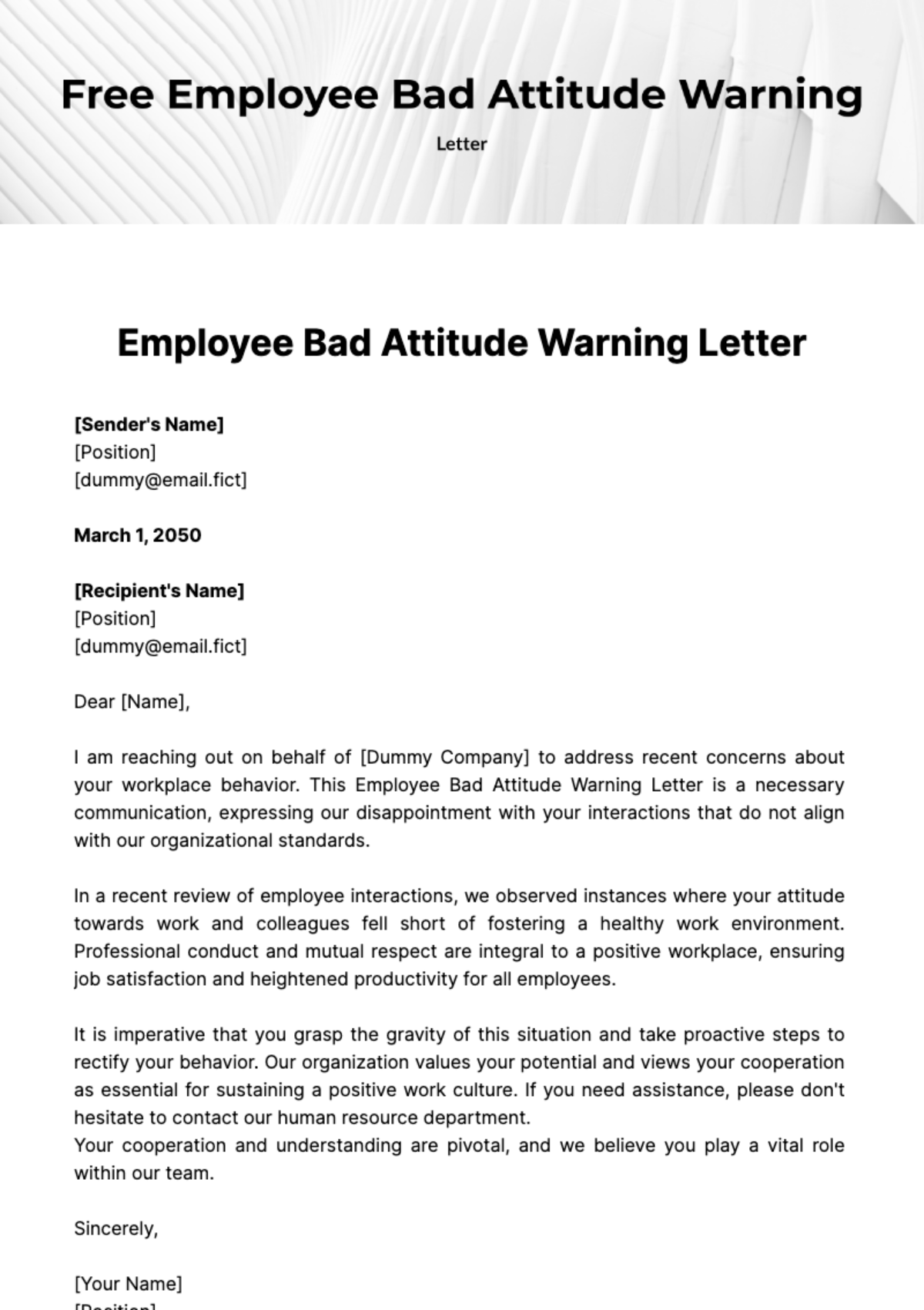
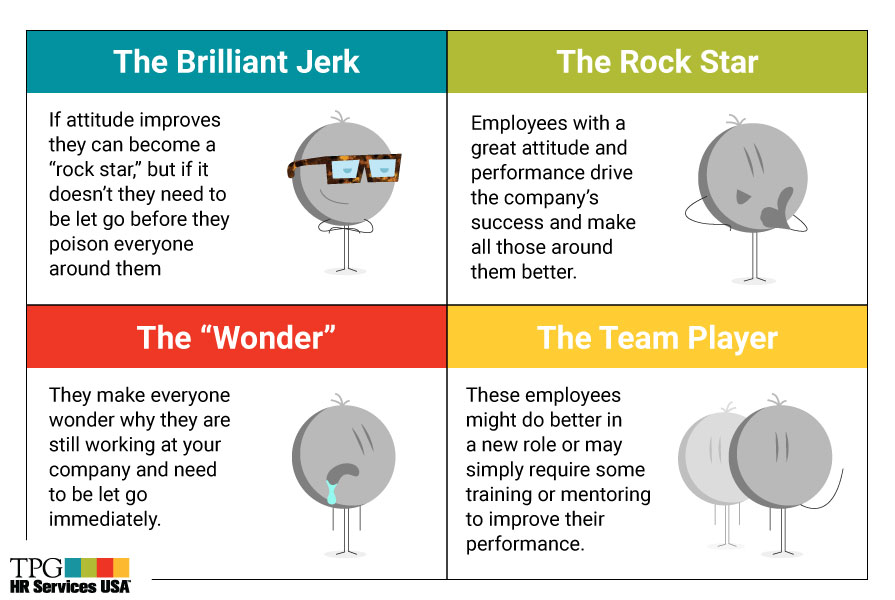






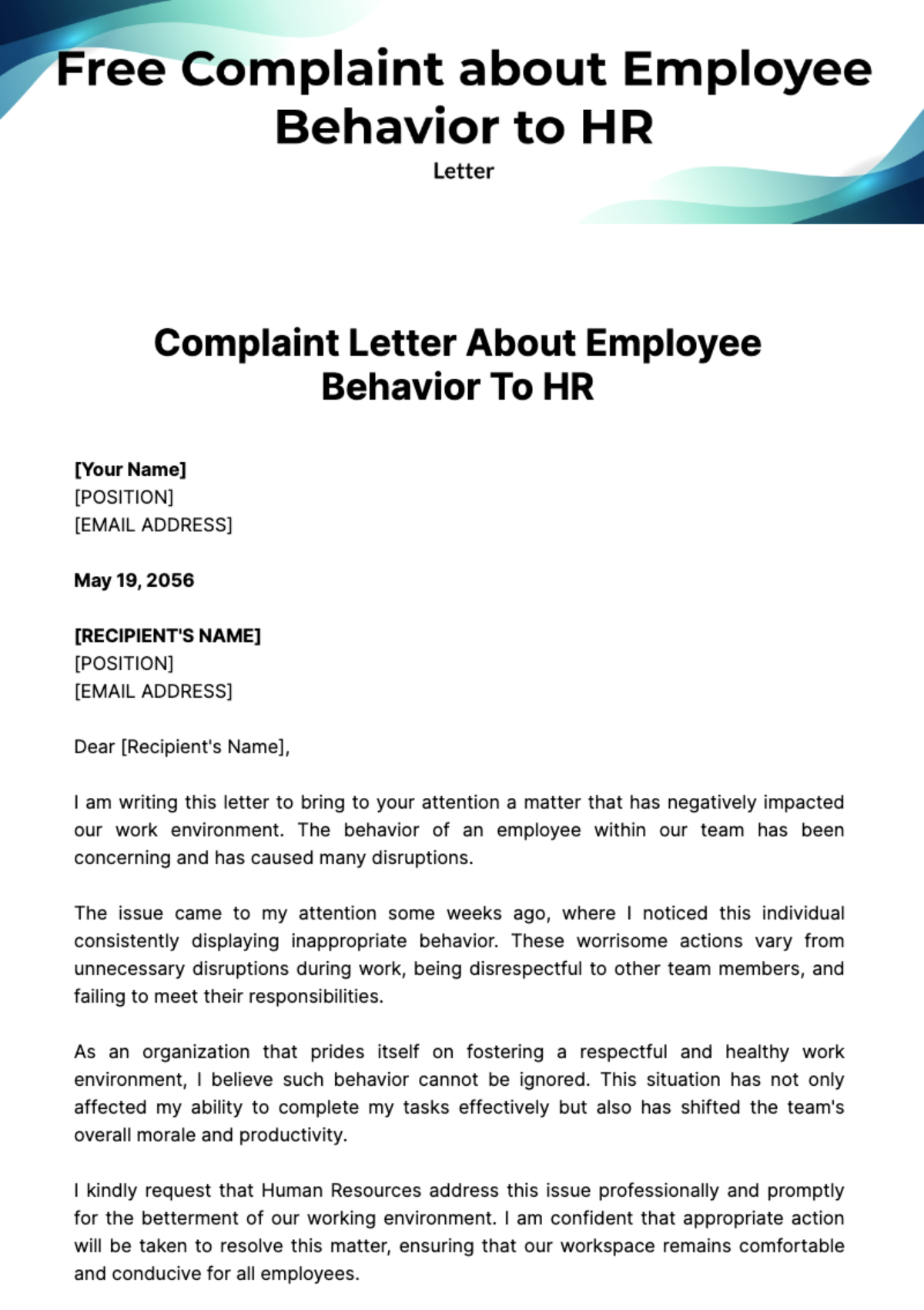

![How To Address Employees With Attitude Problems 5 Employee Memo Examples + Templates [For Every Use Case]](https://influno.com/wp-content/uploads/2023/10/Sample-Memo-for-Specific-Workplace-Issues-2.webp)
